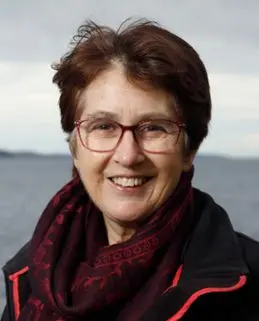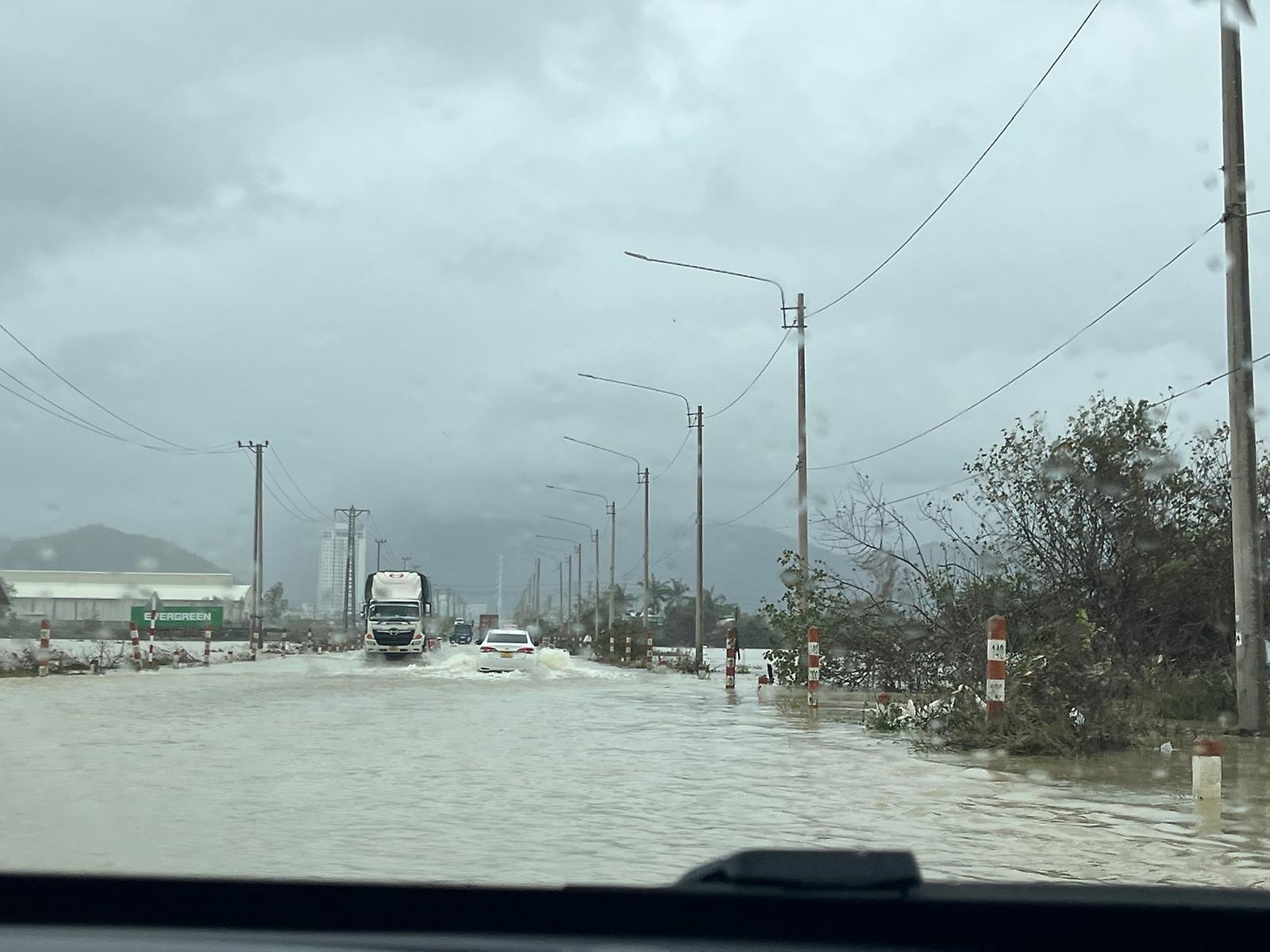Impressions from the WCRP JSC-41 Conference in May 2020
The WCRP Joint Scientific Committee Session is an annual meeting where the leaders of the WCRP research community discuss progress towards the Programme's objectives and make decisions that will determine the future direction of the Programme. The 41st Session of the WCRP Joint Scientific Committee (JSC-41) was conducted as an online meeting 18-22 May 2020.
 Zoom image
Zoom imageDetlef Stammer
The 94 participants in this first ever online JSC meeting were during three days discussing the future elements and structure of World Climate Research Programme, WCRP. The Coordinated Regional Climate Downscaling Experiment CORDEX was represented by the co-chairs as well as the director and the administrator from the International Project Office of CORDEX at SMHI in Sweden.
Professor Detlef Stammer and Dr Helen Cleugh was asked about their impressions from the conference. Professor Detlef Stammer from University of Hamburg, Germany is the JSC Chair. Dr. Helen Cleugh is from CSIRO, Australia and is the JSC Vice Chair.
The general purpose of this JSC meeting was to review progress of WCRP activities, address questions and concerns that come up in the core WCRP activities, and specifically to think strategically about changes in directions or new activities required to address new problems.
"Certainly it was the expectation that we would be able to deal with these responsibilities and in an efficient manner given that the meeting had to be entirely virtual in character," says Detlef Stammer.
Implementing a new strategic plan
One of the central questions of this JSC meeting was how to implement the new WCRP Strategic Plan, building on progress made in this direction during the last year, and to consider what structures of WCRP might be best suited for this.
"Personally I saw a substantial progress in all these aspects. In particular we have seen a large enthusiasm for a change and much agreement on possible directions. It is now on us, the WCRP family, to do our homework assignments and come back later this year for an extraordinary JSC meeting where we intend to decide how to move forward and what the basic structure will be. For me especially this latter aspect was an extremely positive and major outcome," says Detlef Stammer.
"We were both surprised, and pleased, that we were able to have meaningful discussions and make progress. It’s a good demonstration that, with sufficient pre-work and commitment from all participants; this style of meeting can work," says Helen Cleugh.
 Zoom image
Zoom imageHelen Cleugh
Scientific insight into the climate system
As already documented in the WCRP Strategic Plan 2019 – 2028, a main focus for the WCRP in the future will remain on gaining basic scientific insight into the functioning of the climate system. However, providing the knowledge to create regional to local climate change information and bridging climate science and society will gain substantially in emphasis and effort.
"All this will entail that we will come closer together with our partners to solve urgent climate problems and to do this in a timely manner – based on relevant and credible science. Society requires answers and input; WCRP with its partners stand ready to live up to those expectations," says Detlef Stammer.
Now there is homework to do including lots of consultations, brainstorming among and across the core activities of the WCRP and with the partners. It will also include regional consultations with part of the communities that were not involved in the recent discussion so as to bring everybody into the loop and get input, especially from communities representing the global South. The goal is to come up with a final design of the structure for the new WCRP.
"In addition to designing a structure that is 'fit-for-purpose' for the new WCRP, we are also scoping out some exciting new “lighthouse activities”. These are major projects, experiments or infrastructure building blocks that require the WCRP to draw upon the expertise that sits across the whole WCRP, and within our partner agencies and programs, to deliver new insights and scientific advances that will benefit society," says Helen Cleugh.
CORDEX regional information gains in importance
Providing regional information, where CORDEX is a major contributor, for society will gain in importance and emphasis.
"By supporting the science that underpins the delivery of regional information, building a more coherent and integrated approach, and providing greater visibility for these activities, we also hope to build more effective and stronger relationships with partners and stakeholders – who are critically important in achieving the goals of bridging climate science and society," says Helen Cleugh.
"The regional activities could benefit by bringing them all together to be equal in visibility and emphasis to other traditional WCRP efforts and scientific domains. This will entail many related efforts thereby giving them a boost in the entire WCRP work and entraining also more other disciplines required to deal with them, such as represented under the JSC," says Detlef Stammer.



